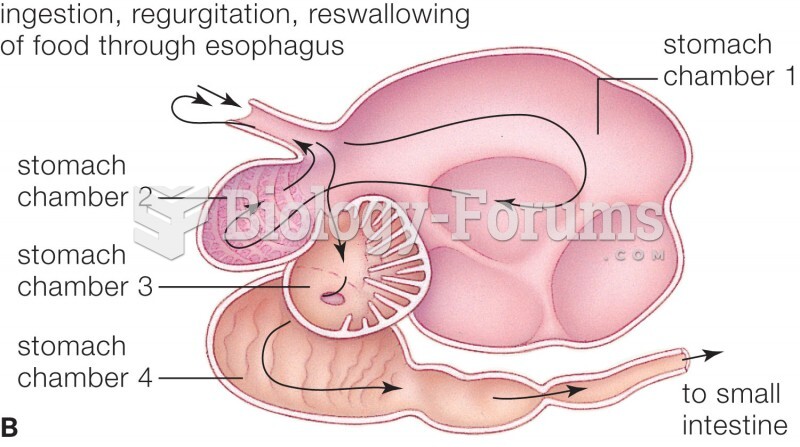|
|
|
Never take aspirin without food because it is likely to irritate your stomach. Never give aspirin to children under age 12. Overdoses of aspirin have the potential to cause deafness.
In 1885, the Lloyd Manufacturing Company of Albany, New York, promoted and sold "Cocaine Toothache Drops" at 15 cents per bottle! In 1914, the Harrison Narcotic Act brought the sale and distribution of this drug under federal control.
The Romans did not use numerals to indicate fractions but instead used words to indicate parts of a whole.
For pediatric patients, intravenous fluids are the most commonly cited products involved in medication errors that are reported to the USP.
The heart is located in the center of the chest, with part of it tipped slightly so that it taps against the left side of the chest.







